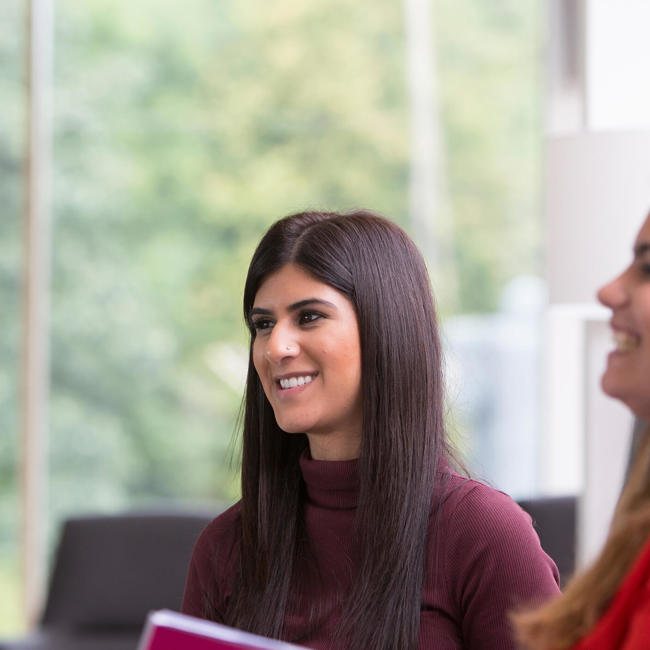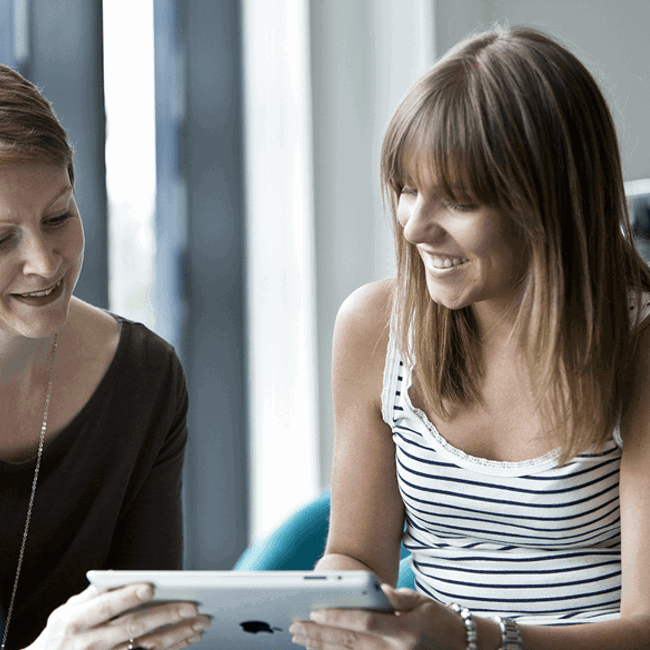
One-to-one wellbeing appointments
Wellbeing appointments are how we offer counselling at UWS. These appointments provide a safe and confidential space for you to talk about your personal issues and concerns.
Talking with a counsellor can make a big difference. The very act of saying things aloud to another person can have a surprisingly powerful and therapeutic effect. It can be a great relief to speak in confidence and explore what options might improve your situation.
You can talk to our counsellors about anything at all, no matter how big or small the issue.

THE ONE-AT-A-TIME BOOKING SYSTEM FOR WELLBEING APPOINTMENTS
BOOKING WELLBEING APPOINTMENTS
You can book Wellbeing Appointments as and when you feel the need for them. This might be only very occasionally or sporadically, or more regularly, depending on your needs and what works best for you. If you are seeing, or have previously seen, a particular counsellor and would like to see them again, just mention this when you book your appointment. If you can't remember the counsellor's name, Hub staff can check this for you.
Wellbeing Appointments last up to one hour.

NO WAITING LIST
There is no waiting list for Wellbeing Appointments at UWS and Hub staff can usually provide you with a choice of appointment times very quickly. This means that you get help when you most need it and when it is most likely to make a difference.
Wellbeing Appointments are available on campus (in person), or on Teams (audio or video, according to your preference). Telephone appointments are available by request. Wellbeing Appointments are requested through the Student Hub.
YOU CAN CONTACT THE STUDENT HUB IN SEVERAL WAYS
• In-person at a Student Hub Desk on campus
• Student Hub Portal - hub.uws.ac.uk
• Email: hub@uws.ac.uk
• Whatsapp: 0141 848 3998
It is helpful to include the following information in your communication with the Student Hub:
• Your banner ID
• Your campus
• A contact phone number
• Whether you would prefer an in-person or online appointment.
When choosing an online appointment (we normally use Teams) it helps to let the Hub know if you would prefer a ‘video’ or ‘audio’ call.
PREPARING FOR YOUR APPOINTMENT
To get the most out of your appointment it can help to think about how you would like to use the time and what you’d most like to get from the session. To help you prepare, we will send you some questions, along with confirmation of your appointment. Answering these questions is not compulsory – but giving some consideration to them can be a good starting point for your appointment.
If you are not sure what you want to focus on but still think you could benefit from speaking to a counsellor, please feel welcome; we know that personal and emotional problems can sometimes be difficult to make sense of and articulate and we will do our best to help put you at your ease.
CANCELLING AN APPOINTMENT
If you cannot attend your appointment, please let us know as soon as possible. This allows us to use the session for other students which keeps waiting times down for everyone.
CONFIDENTIALITY & DATA PROTECTION
CONFIDENTIALITY
Our service is confidential. Our policy is not to inform anyone that you are using the service, or to respond to any enquiry about you without your permission.
The service works to the British Association for Counselling and Psychotherapy’s Ethical Framework for the Counselling Professions. Under all normal circumstances, nothing will be revealed to anyone outside the service without your express permission.
Personal information may only be passed on in the following, exceptional circumstances:
• if you have given explicit consent for information to be disclosed to a specific person or organisation
• if you or someone else is in serious danger
• if the counsellor would be liable to civil or criminal proceedings if the information was not disclosed
Even in these circumstances we would normally try to speak to you first before contacting anyone else.
Please ask if you have any questions on this policy.
DATA PROTECTION
The service works under the terms of the Data Protection Act. A record is created on a shared Student Services computer-based system, where any personal information you share in counselling can only be accessed by a counsellor. Any statistical data we compile about the use of our service is anonymous. You’ll get more information at your first meeting, and we’ll ask your permission to keep those records.